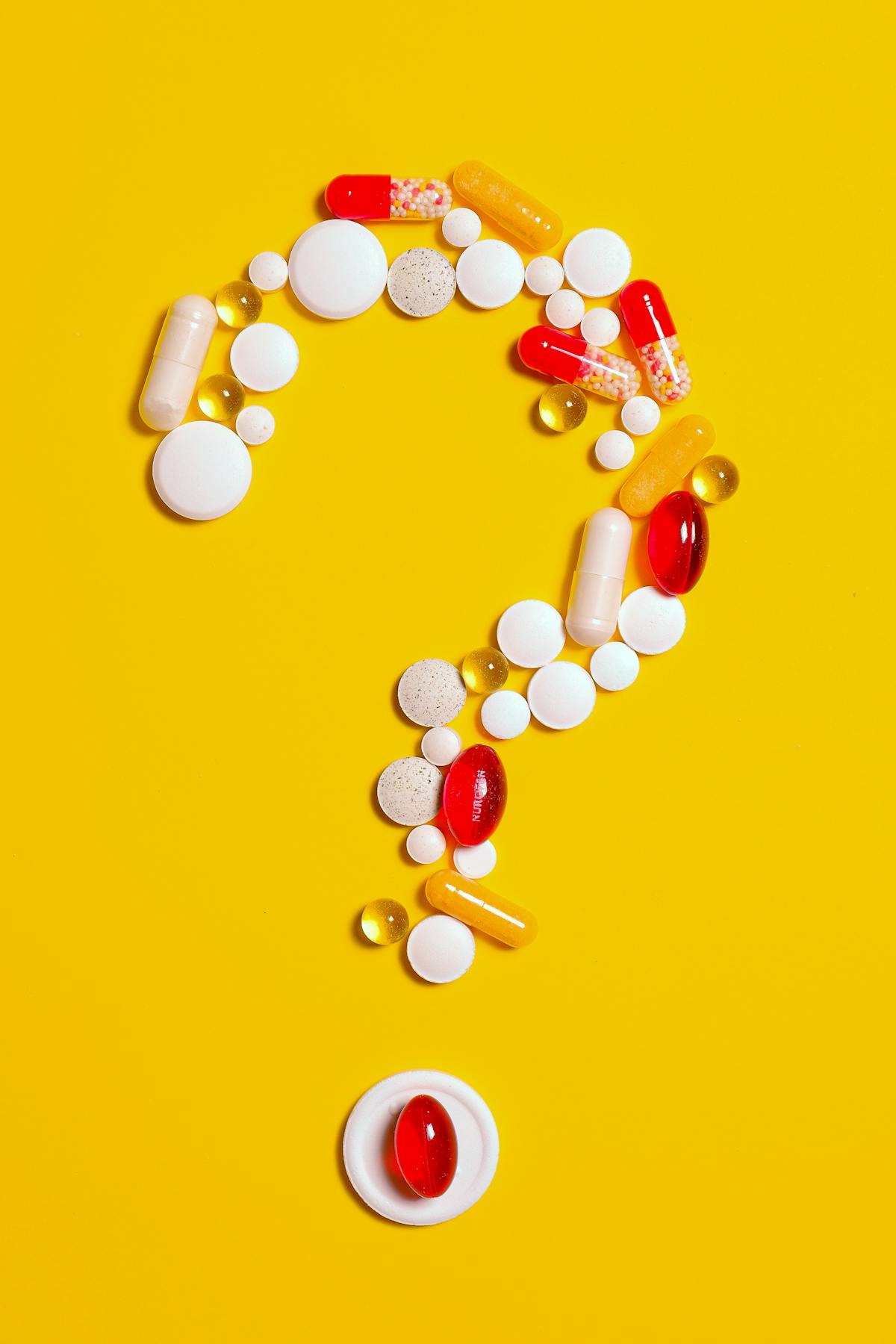Medication Adherence Statistics 2025: The Hidden Healthcare Crisis

Medication non-adherence has become one of the most pressing yet overlooked challenges in American healthcare. Every year, millions of patients fail to take their medications as prescribed, leading to devastating consequences for their health and the healthcare system.
The Staggering Cost of Non-Adherence
According to the Centers for Disease Control and Prevention (CDC) and multiple healthcare research institutions, medication non-adherence costs the U.S. healthcare system approximately $300 billion annually. This massive figure includes:
- Preventable hospitalizations and emergency room visits
- Disease progression requiring more intensive treatment
- Lost productivity and disability costs
- Increased need for long-term care facilities
The Human Cost: 125,000 Preventable Deaths
Beyond the financial impact, medication non-adherence leads to approximately 125,000 preventable deaths every year in the United States alone. These deaths occur across all age groups and medical conditions, from cardiovascular disease to diabetes to mental health conditions.
Who Is Most Affected?
Research shows that certain populations face higher rates of medication non-adherence:
- Elderly patients (65+): Managing an average of 4-6 chronic medications with complex schedules
- Chronic disease patients: Those with diabetes, heart disease, or hypertension requiring daily medications
- Low-income individuals: Facing cost barriers and limited healthcare access
- Patients with cognitive impairment: Including dementia and memory-related conditions
Why Do People Miss Medications?
The reasons for non-adherence are complex and multifaceted:
- Forgetfulness (40%): Simply forgetting to take medications is the most common cause
- Complex medication regimens (25%): Multiple medications with different schedules create confusion
- Cost concerns (20%): High medication costs lead to rationing or skipping doses
- Side effects (10%): Unpleasant side effects discourage consistent use
- Lack of symptoms (5%): Feeling well leads to questioning medication necessity
The Impact on Different Conditions
Cardiovascular Disease
Non-adherence to cardiovascular medications increases the risk of heart attack by 50% and stroke by 40%. Missing blood pressure or cholesterol medications can have immediate and severe consequences.
Diabetes
For diabetes patients, medication non-adherence leads to poor blood sugar control, increasing the risk of complications including kidney disease, vision loss, and nerve damage by 60-80%.
Mental Health
Psychiatric medication non-adherence contributes to 40% of hospital readmissions for mental health conditions and significantly impacts quality of life and functionality.
Solutions That Work
Research has identified several effective strategies to improve medication adherence:
1. Medication Reminder Systems
Digital medication reminders have shown 65% improvement in adherence rates. Apps like Pillio provide smart notifications, tracking, and family support features that make remembering medications easier.
2. Medication Synchronization
Coordinating refill dates so all medications are picked up at once reduces missed doses by 35%.
3. Pill Organizers and Dispensers
Visual organization of medications helps prevent confusion, especially for patients taking multiple medications.
4. Caregiver Involvement
Family member or professional caregiver support increases adherence by 45%, particularly for elderly patients.
5. Simplified Medication Regimens
Working with healthcare providers to reduce medication frequency (when medically appropriate) can improve adherence by 30%.
The Role of Technology in Improving Adherence
Modern medication management apps have revolutionized adherence support:
- Smart reminders: Notifications sent at exact medication times
- Adherence tracking: Visual dashboards showing medication-taking patterns
- Family connectivity: Allowing caregivers to monitor adherence remotely
- Refill alerts: Preventing running out of medications
- Health reports: Shareable data for doctor visits
Economic Benefits of Improving Adherence
Studies show that every $1 invested in medication adherence programs saves $7-10 in healthcare costs through:
- Reduced hospitalizations (40% decrease)
- Fewer emergency department visits (35% decrease)
- Lower overall healthcare utilization
- Improved disease management outcomes
What Can You Do?
If you or a loved one struggles with medication adherence, consider these action steps:
- Use a medication management app: Digital tools like Pillio provide comprehensive support for tracking and reminders
- Talk to your doctor: Discuss simplifying your medication regimen if possible
- Set up a routine: Take medications at the same time each day, paired with daily activities
- Involve family: Ask family members to help with reminders and monitoring
- Track your progress: Monitor your adherence rate to identify patterns and improvements
Conclusion
Medication non-adherence is a crisis that affects millions of Americans, costing lives and billions of dollars annually. However, with the right tools, support, and strategies, adherence can be dramatically improved. Technology, particularly medication management apps, offers an accessible and effective solution that can work for patients across all demographics and conditions.
Don't become a statistic. Take control of your medication management today.
Ready to Improve Your Medication Adherence?
Start using Pillio today and join thousands who have improved their medication management with smart reminders, tracking, and family support.
✓ No credit card required ✓ Free plan forever ✓ Setup in 5 minutes